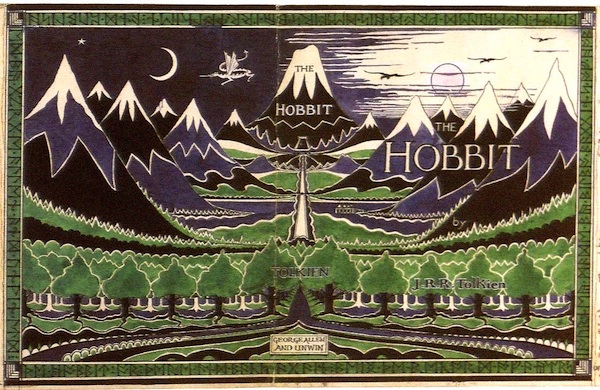http://www.patheos.com/blogs/eidos/2015/09/stupid-statements-and-dying-christians-which-matters-most/

Today
in Church we learned that the oldest Christian diocese in the world is
in serious peril. A Christian leader got a message out to us saying that
“almost all hope” is gone. ISIS confronts his community on three sides
and his food kitchen, feeding people of every faith, faces extinction.
This week, unless something is done, horror may fall on good people.
My newsfeed says a Republican candidate said something about Islam and the Presidency.
Since
the GOP fellow is a decent man and what he said was clumsy and wrong,
my guess is the media will hound him into an apology. He should
apologize. We will feel better, because a hurt will have been healed and
a harm averted to some future candidate for President. This is a
problem created on American media with the help of American media by a
media driven personality and so American media finds it infinitely more
interesting than dead Middle Eastern Christians.
After all, one
off the mark comment about a hypothetical Islamic candidate is much
easier to deal with than the death of one of the oldest Christian
communities in the world. Christians in Syria, Iraq, and Lebanon face
the worst situation since the Middle Ages. They are being displaced,
robbed, raped, and murdered.
But a Republican candidate said a thing that nobody should defend about a candidate who does not exist.
The
lives of the Christians in Syria, my community, are in the hands of
God. The only government leader acting is Vladimir Putin. If some of the
most ancient Christian churches, schools, monasteries, and orphanages
survive, then it will be because a former KGB colonel is acting on his
Machiavellian interests. Meanwhile, in the US, we shall make sure that a
boy who made a clock some chuckle heads thought was a bomb is honored
at the White House.
I am glad for the boy and sorry about the
foolish thing the candidate said, but only in the spare moment when I
can stop mourning for the murder of Christians in Syria. There is no
easy American partisan villain (Bush! Obama! Both?) or “good guys” to
support, so innocents must die, priceless art is destroyed, and history
is lost. Dead Christians are less interesting than the foolish
statements of American politicians.
We could stop the dying.
Client states could intervene. The Turks do nothing. The House of Saud
does evil. Jordan does nothing. Christians keep dying.
But at
least teachers will think twice about ethnic stereotyping regarding
school projects . . . and political candidates will remember there is no
religious test for office under our Constitution. These are good
things. We can feel good about those good things. Perhaps, we will feel
less good about thousands butchered with weapons we provided to
untrustworthy allies while we did nothing. Perhaps we will if we ever
learn of the horrors in between our just criticism of the stupid things
Americans do. We are victims of micro-aggressions and we are not going
to sit idly by and let this happen.
And we should not. We can
condemn the candidate and the school of the clock-making lad and do
something in Syria, but the first two are easy and the third hard. So my
news feed is flooded by attacks on the candidate and treats for the
clock-maker and hardly a word about my dying church.
Meanwhile,
American guns in the hands of men who often were “on our side” against
the Syrian regime will keep killing Christians in Syria. This is an
inconvenient fact, far away, where reporting would put news crews in
danger. Better run another story on polls: media news created by media
to be reported by media.
Dead Christians in Syria are much harder
to film. Macro-aggression is hard. The macro-aggressors will not be
threatened by media condemnation and have no interest in being
interviewd in our studios, so why should our media care? A Church in
peril this week requires no action because it is not in a major American
media market. Maybe some candidate will not correct the lunatic ravings
of a questioner at this rally? There is a story.
God help us. God
save the Church of Syria, my brothers and sisters, and forgive our
monstrous sensitivity to local slights and inhuman insensitivity to
international genocide.


